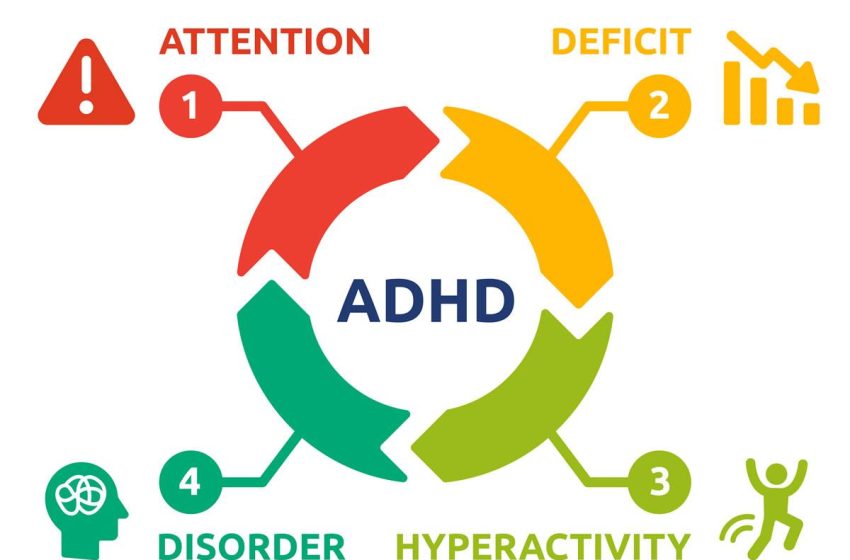ADHD Treatment in the Workplace: Strategies for Success and Productivity

Attention Deficit Hyperactivity Disorder (ADHD) is a neurodevelopmental condition that affects individuals’ ability to concentrate, organize tasks, and manage time effectively. While ADHD presents challenges in various aspects of life, it can be particularly demanding in the workplace. However, with the right strategies and support, individuals with ADHD can thrive professionally. In this article, we’ll explore effective ADHD treatments and practical approaches to enhance success and productivity in the workplace.
Understanding ADHD Treatment
Before diving into workplace strategies, it’s essential to grasp the basics of ADHD treatment. While there’s no cure for ADHD, various therapies can alleviate symptoms and improve functioning. These treatments typically include:
Medication
Stimulant medications like methylphenidate (e.g., Ritalin) and amphetamine (e.g., Adderall) are commonly prescribed to manage ADHD symptoms. These medications work by increasing the levels of neurotransmitters in the brain, enhancing focus, attention, and impulse control.
Behavioral Therapy
Behavioral therapy techniques, such as cognitive-behavioral therapy (CBT) and mindfulness-based approaches, can help individuals with ADHD develop coping skills, manage impulsivity, and improve organizational abilities.
Lifestyle Changes
Simple lifestyle modifications, including regular exercise, sufficient sleep, and a balanced diet, can also complement other ADHD treatments by promoting overall well-being and cognitive function.
ADHD Treatment in the Workplace
The workplace environment can pose unique challenges for individuals with ADHD, but with the proper support and strategies, they can excel in their careers. Here are some practical approaches:
Open Communication
Encouraging open communication between employees and management fosters understanding and support. Individuals with ADHD should feel comfortable discussing the challenges and accommodations they may need to perform at their best.
Flexible Work Arrangements
Flexibility in work arrangements, such as remote work options or adjustable schedules, can be invaluable for individuals with ADHD. This flexibility allows them to structure their work in a way that aligns with their strengths and minimizes distractions.
Task Organization and Prioritization
Breaking down tasks into smaller, manageable steps and prioritizing them can help individuals with ADHD stay focused and productive. Using tools like to-do lists, calendars, and task management apps can aid in organizing workloads and deadlines.
Minimize Distractions
Creating a distraction-free work environment can significantly enhance concentration and productivity for individuals with ADHD. This may involve using noise-canceling headphones, blocking distracting websites, or designating a quiet workspace.
Time Management Techniques
Implementing time management techniques, such as the Pomodoro Technique or time blocking, can help individuals with ADHD structure their time effectively and maintain focus on tasks for manageable intervals.
Accommodations and Support
Employers can provide accommodations and support tailored to the needs of employees with ADHD, such as additional training, coaching, or access to assistive technologies. These accommodations can level the playing field and empower individuals to thrive in their roles.
The Role of Employer Support
Employer support plays a crucial role in facilitating the success of employees with ADHD in the workplace. By creating a supportive and inclusive environment, employers can unlock the full potential of their workforce and promote diversity and neurodiversity acceptance.
Conclusion
ADHD treatment in the workplace requires a multifaceted approach that combines effective treatments with practical strategies and supportive environments. By implementing open communication, flexible work arrangements, task organization, and accommodations, individuals with ADHD can overcome challenges and maximize their productivity and success in the workplace. With understanding, empathy, and the proper support, individuals with ADHD can thrive professionally and contribute meaningfully to their teams and organizations.




